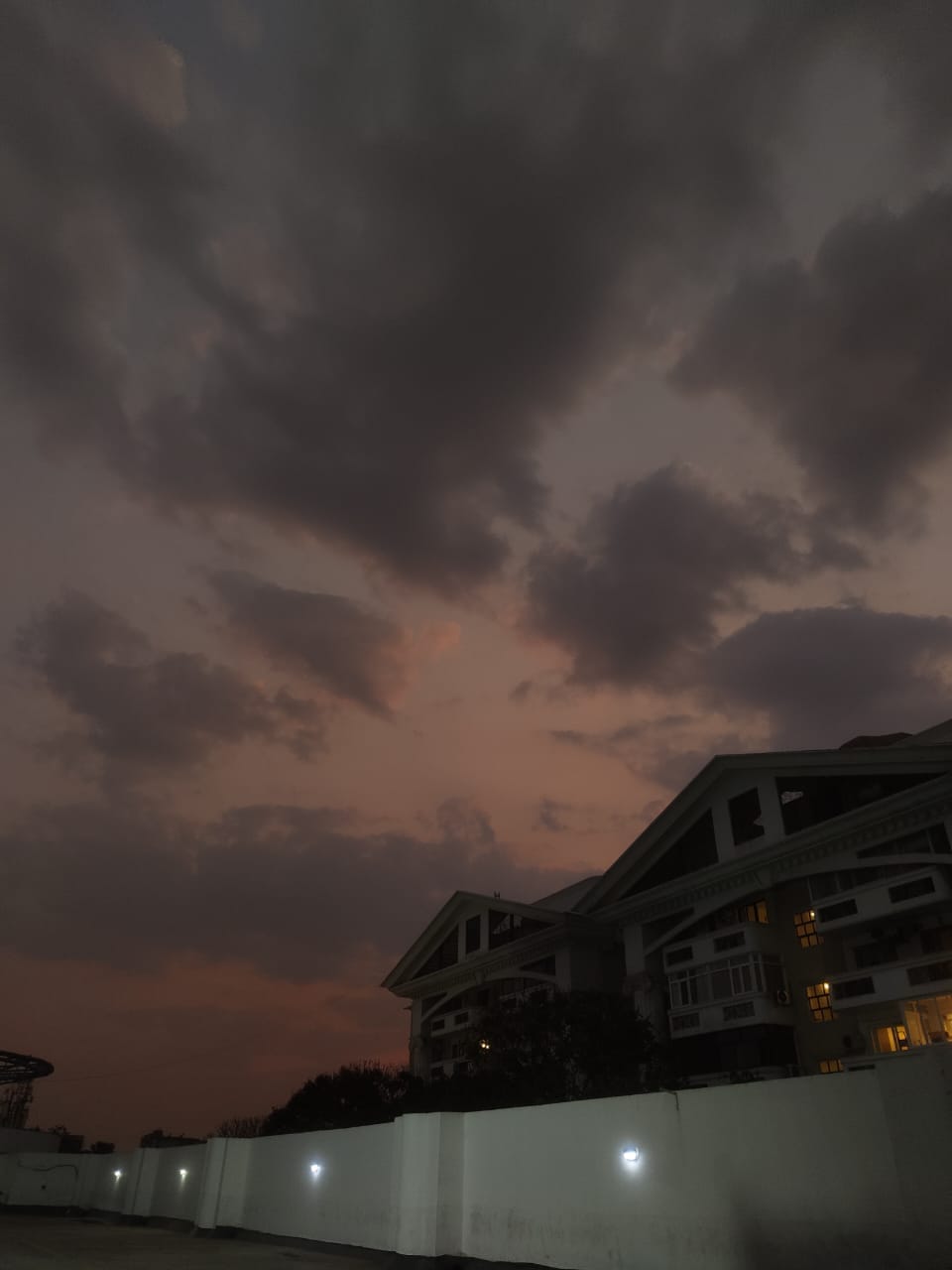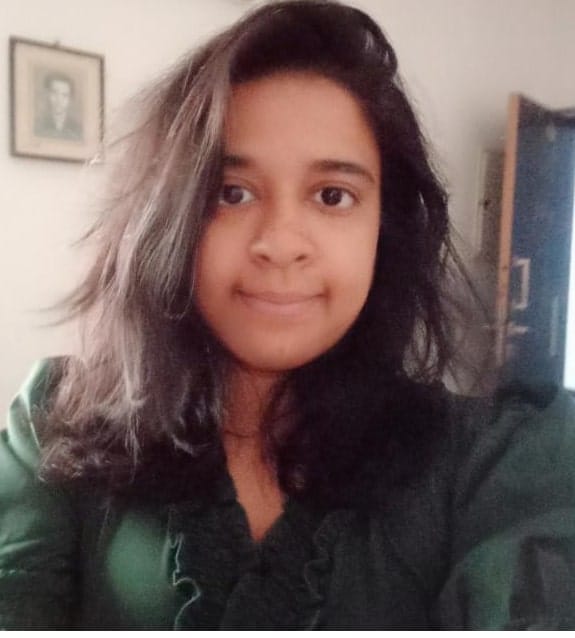Beyond the Horizon: Expanding Mental Healthcare in India's Tribal Regions

Abinaya S
April 15 , 2024

Mental health is a state of well-being in which an individual realizes their own abilities, can cope with the normal stresses of life, can work productively, and is able to contribute to their community. Despite mental health being very important, millions of people in India, particularly those in remote tribal areas, face significant barriers in accessing mental health services. In this blog, we will look at the challenges faced by tribal communities and look at the potential solutions to bridge the gap in mental healthcare access.
Across the remote tribal areas of India, mental health is a largely neglected aspect of healthcare. These communities are often isolated by geography and are marginalized by socio-economic disparities. They face quite a lot of barriers in seeking and receiving adequate mental health support.
How Aware Are They?
One significant barrier in tribal areas is the understanding of mental health and its nuances. According to a survey conducted by the National Institute of Mental Health and Neurosciences (NIMHANS), only 10-12% of Indians seek mental health care out of which, rural areas exhibit even lower rates. Within tribal communities, the statistics drop even further, with only 7% of tribal people recognizing and being aware of mental health issues according to a study by the Indian Journal of Psychiatry.
Factors Contributing to the Limited Access
One of the main factors contributing to the limited access of mental health in tribal areas is that of the social stigma surrounding mental health which leads to the denial for the need of mental health altogether. The other reasons for this are – limited access to education and healthcare, cultural beliefs and practices. Additionally, language barriers further hinder the process of providing mental health. The World Health Organisation (WHO) reports that the number of psychiatrists in India is 0.3 per 100,000 people, which is significantly less than the global median. Tribal areas are more in short supply because of the logistical challenges posed by their remote location.
Government Interventions and Initiatives
The National Mental Health Programme (NMHP) are providing accessible, affordable, and quality mental health care across all states. Under NMHP, District Mental Health Programmes (DMHP) aim to decentralize mental health services, including outreach camps, awareness drives, and training community health workers. Additionally, telemedicine and mobile health units have been implemented to bridge the gap in remote areas.
We Need to Work Harder to Bridge the Gap
Despite these initiatives, problems still exist. Just 10% of the funds allotted were used in 2023, the NMHP Annual Report states, which emphasises implementation gaps and administrative inefficiencies. Additionally, there is still a severe lack of mental health specialists in tribal areas; 82% of psychiatrists and 76% of psychologists have been reported to be lacking.
In conclusion, an extensive approach is needed to address the disparities in mental health in India's remote tribal areas. It is essential to implement improved awareness campaigns that are sensitive to cultural differences and are supported by community involvement and capacity-building programmes. Furthermore, persistent government support combined with creative approaches to workforce expansion and infrastructure development can open the possibility to universal access to comprehensive mental health care, to make sure that no community is left behind on the path to wellbeing.
For professional support with mental health concerns, you can reach out to Heart It Out!
Keep Reading
Started reading,
found my glow!
New blogs dropping soon – Sign up!
© EmbraceWell. All rights reserved






























